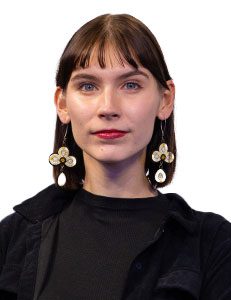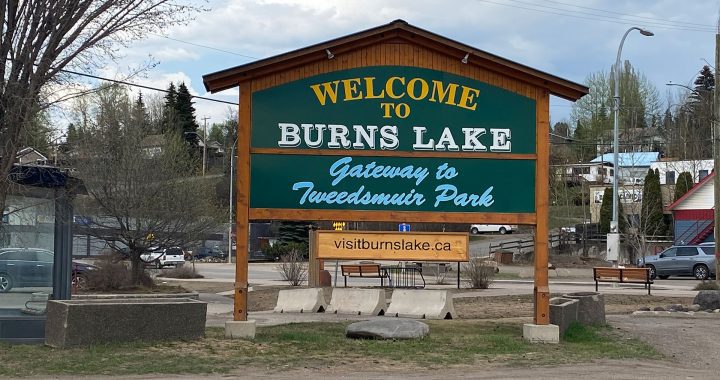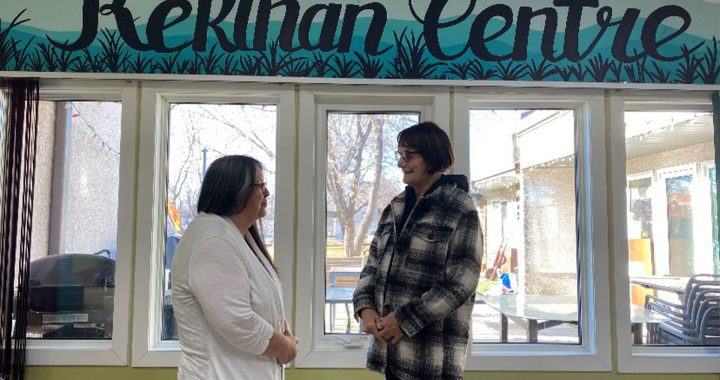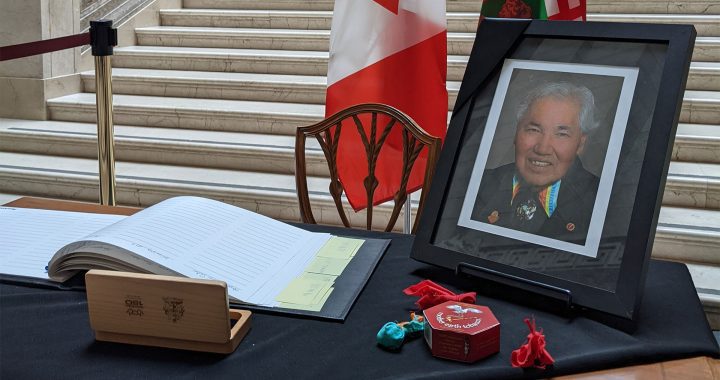A new play debuting at the Winnipeg Fringe Festival takes conversations about the child welfare system out of the courtroom and on to the stage.
The play Agency follows three adoptees – a British home child from the 1910s, a ’60s Scoop survivor from the ‘70s, and a Korean child adopted in the ‘90s.
The play was written by Barb Janes, a retired United Church minister whose grandmother was one of 100,000 British children sent to Canada to be “rescued” from poverty.
Marsha Knight, who brings extensive experience as an actor, director and playwright, directed the play.
Métis actor Cynthia Wolfe-Nolin plays an Anishinaabe adoptee named Claire.
Wolfe-Nolin, who grew up in the child welfare system, felt deeply connected to the story.
“We claim that we’ve made all these huge leaps with the child and welfare system, but in fact, being one of those children in the child and welfare system, yes, I was privy to a lot of good things in life, and at the same time, how far have we actually come?” she said during an interview with APTN. “We still have lots of children in care.”

Throughout the play, ‘Claire’ navigates the maze of the child welfare system, longing to reconnect with her birth mother, Marlene, played by Renata Meconse.
Meconse, who comes from Pinaymootang First Nation in central Manitoba, says the play captures a diverse set of narratives.
“It also shows the perspectives and stories of the adoptive mothers and the birth mothers,” Meconse said. “It really is multifaceted and using the analogy of the maze is how the story is told.”
Manitoba, where the production is making its debut, has the highest rate of children in foster care in Canada, according to recent statistics..
Meconse describes the adoptee experience as the uniting force of Agency, connecting the characters’ unique backgrounds to a shared experience.
“I know just from hearing some of the feedback from some of the people that have seen the play that it touched them, it made them very emotional,” Meconse said. “It does bring experiences to life that are close to us.”
While she’s careful not to drop too many spoilers, Wolfe-Nolin hints at breaking the fourth wall – a performance convention where an imaginary wall separates actors from the audience – urging the audience to continue the conversation about the child welfare system.
“It’s a big question that is presented, and that’s where it lies. It’s the same thing from the beginning, but now it’s given back to the audience to decide,” she said.










